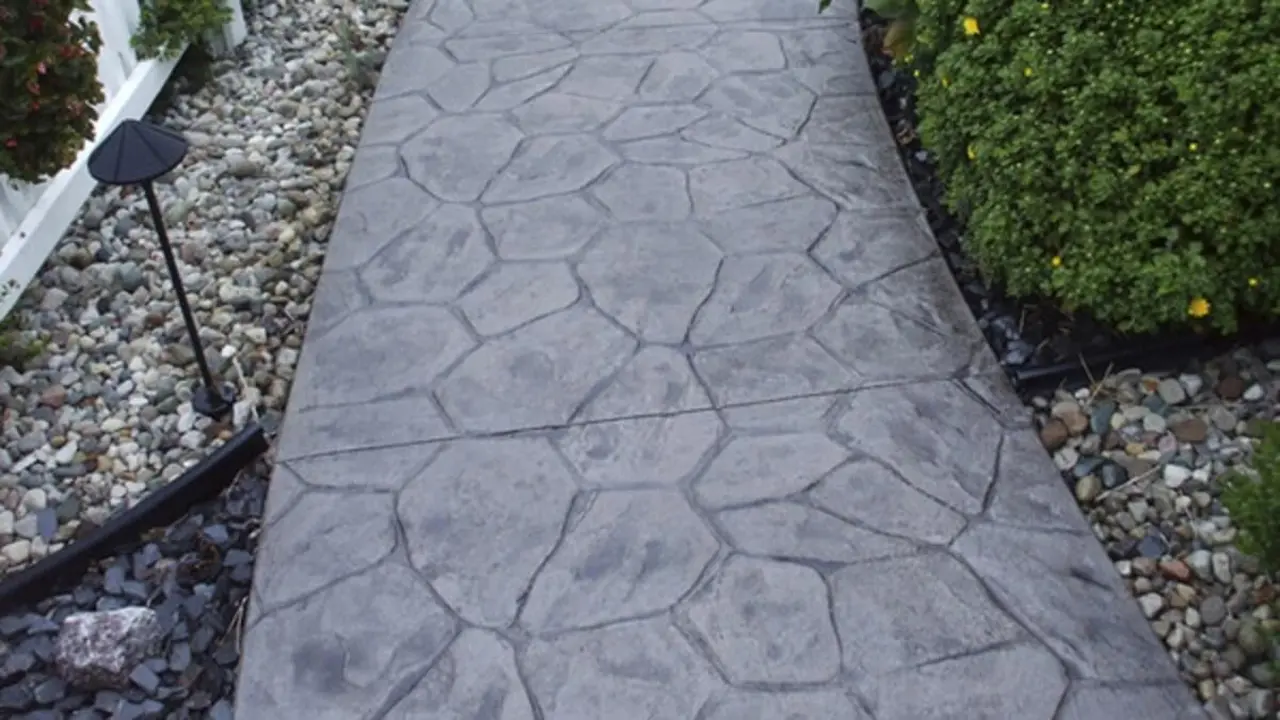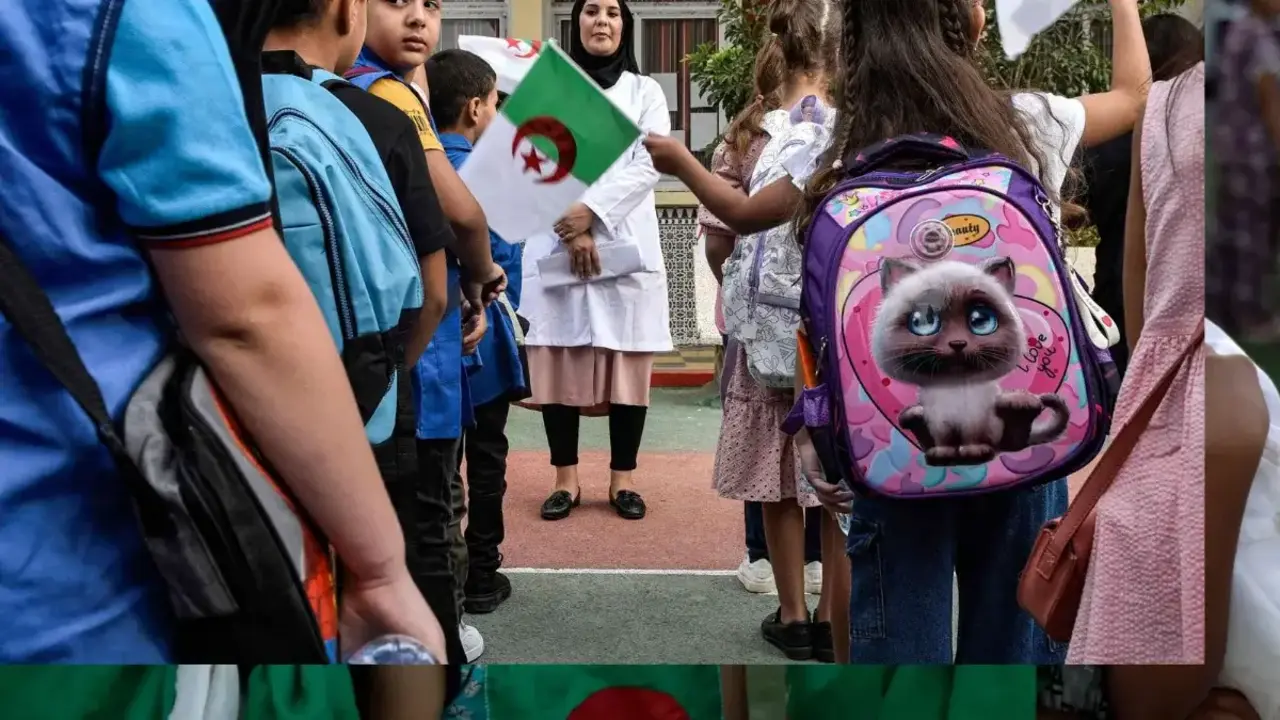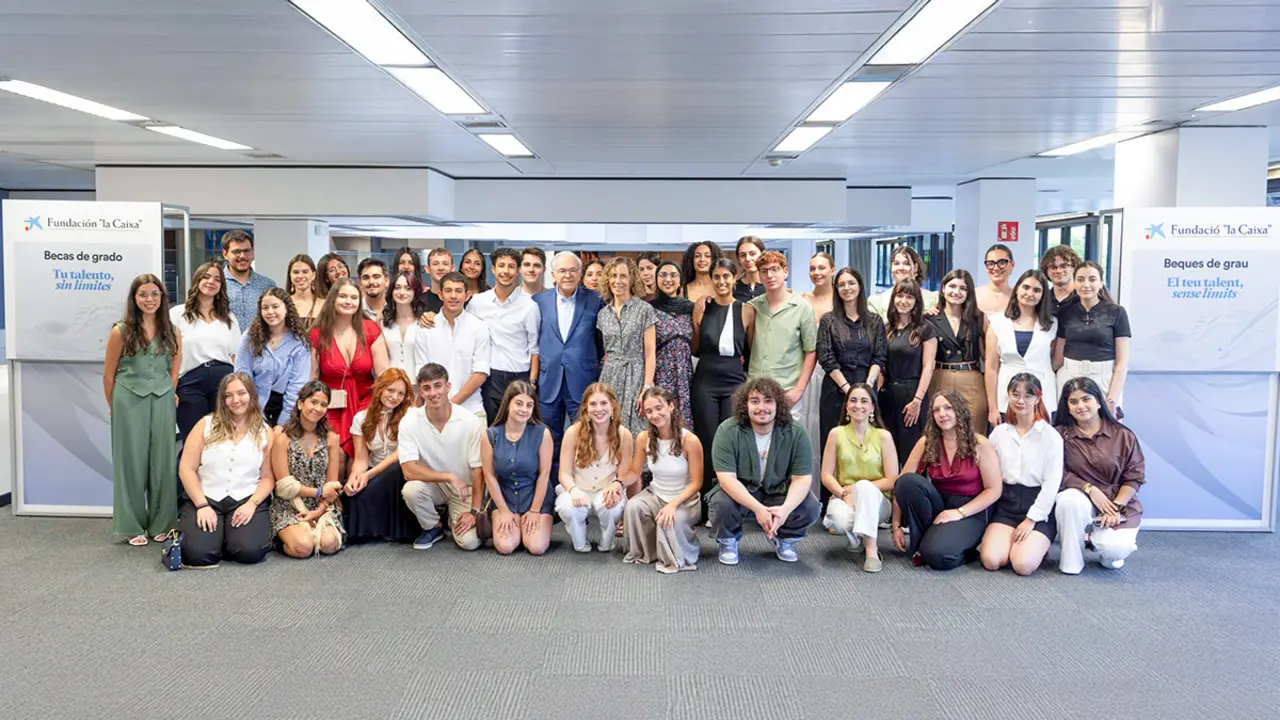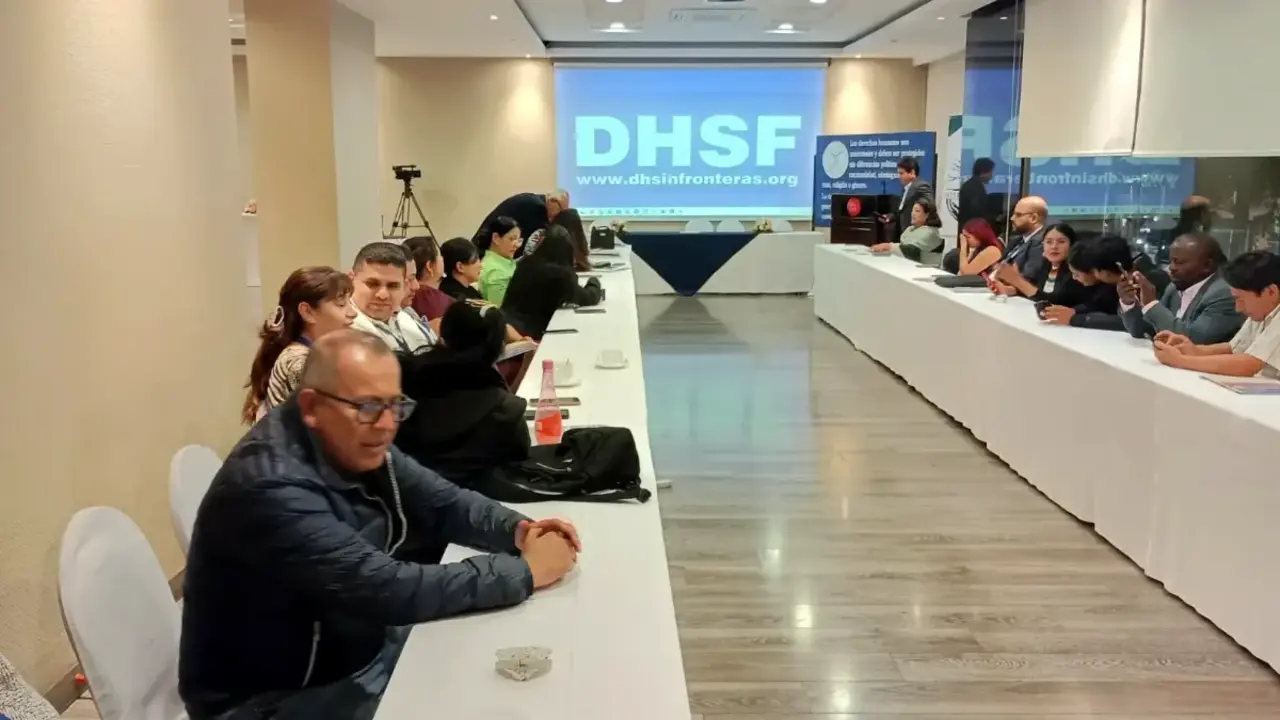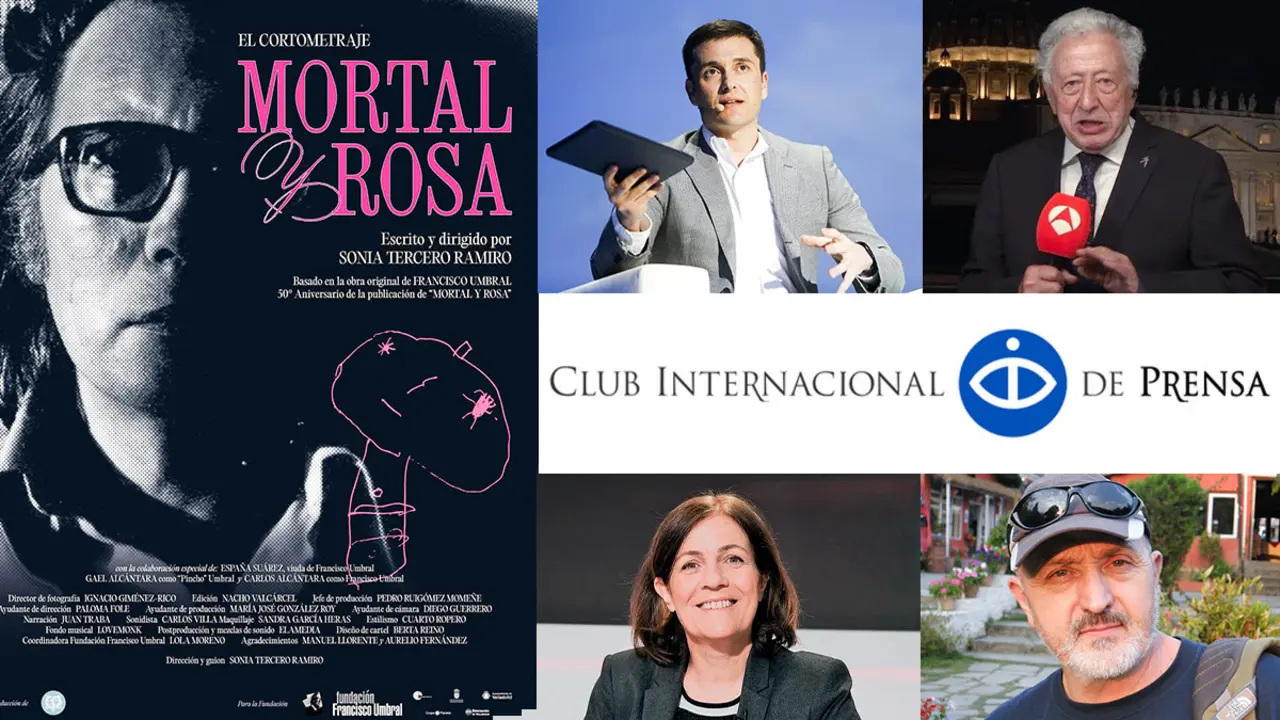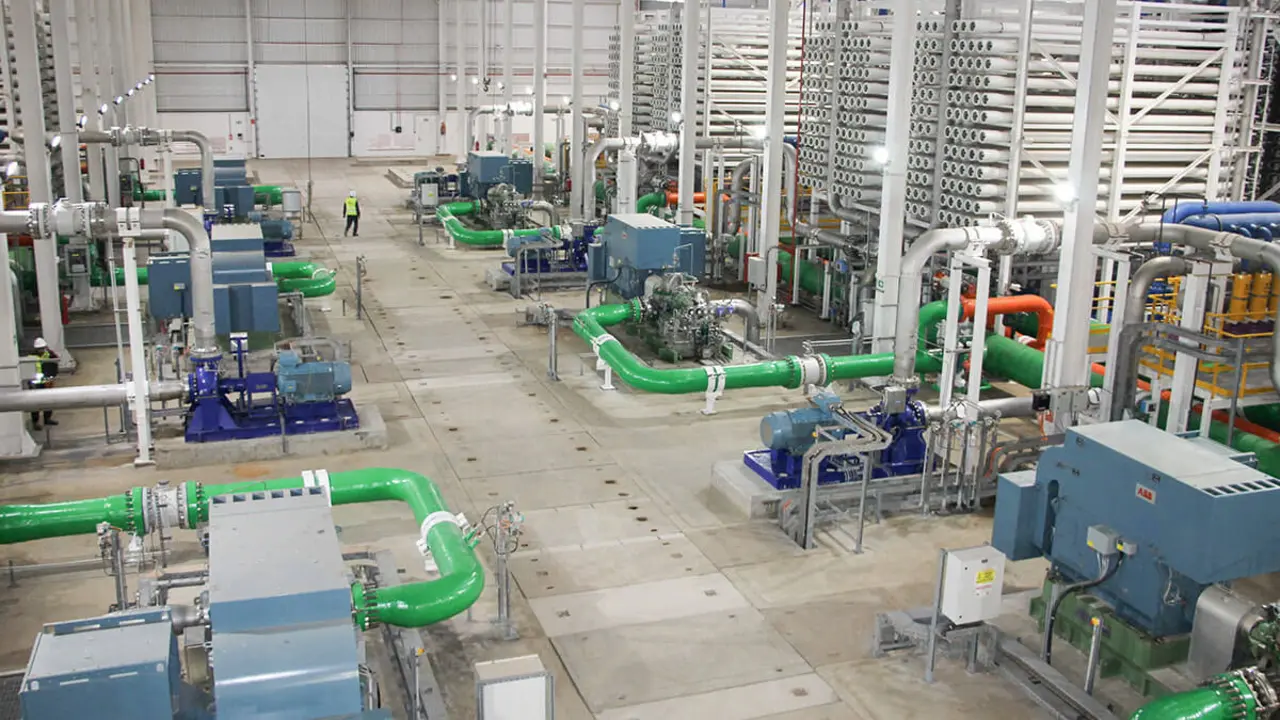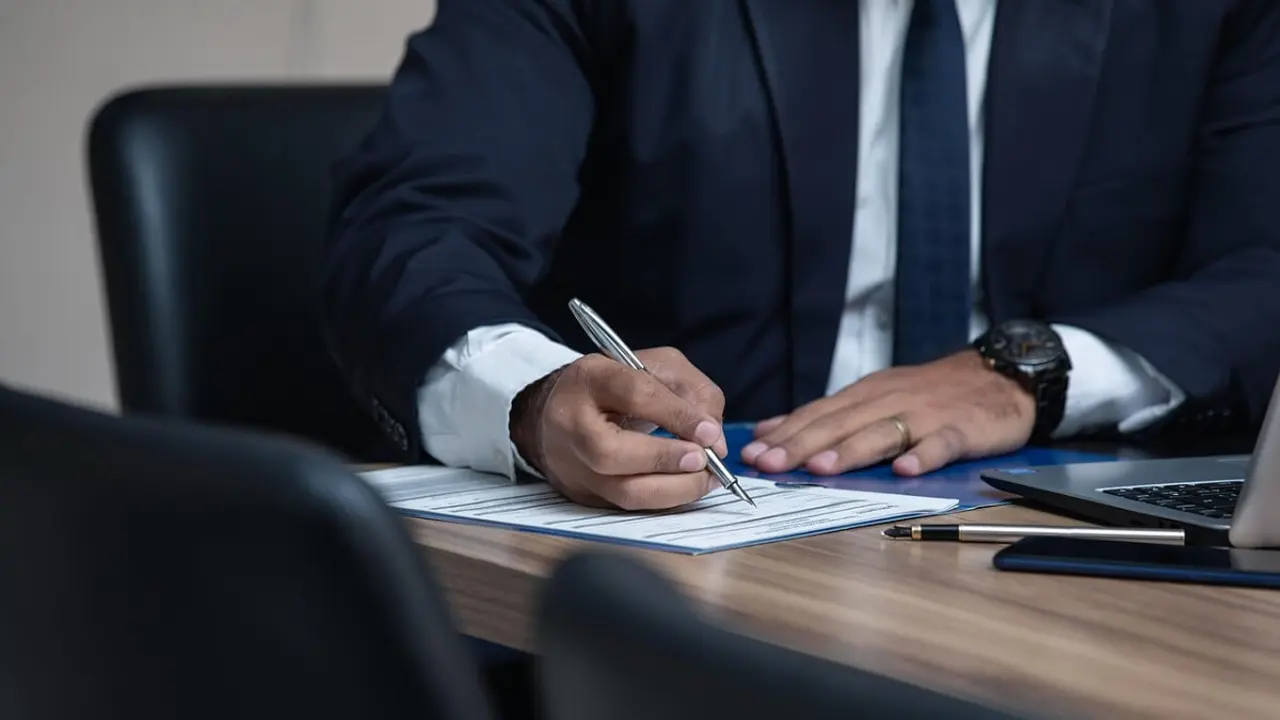Italian port authorities block Sea Watch 4 in the port of Parlemo

The misuse of maritime law is a smokescreen for the political decision to prevent rescue ships from saving lives in the Mediterranean, says Doctors Without Borders, after Sea-Watch 4 became the fifth NGO ship to be detained by the Italian port authorities in less than five months. The ship is in the port of Palermo (Sicily).
During its first rescue voyage, Sea Watch 4 rescued 354 people. Among them were 227 men, as well as 98 unaccompanied adolescents, families, women travelling alone, people with disabilities, pregnant mothers and children, the youngest being under two years of age. The MSF medical team on board carried out 551 consultations, treating many people for fuel poisoning, caused by the fumes from the petrol used to power the engines and the corrosive cocktail of salt water mixed with the fuel. One teenager suffered chemical burns so severe that he had to be medically evacuated.
"The violent reality from which these people escape and the dangers of the journey they are forced to undertake to seek safety are evident in the injuries we treat," says Barbara Deck, MSF medical coordinator on the ship. "However, the resistance we see in these people is a lesson in humility. From the child who has gone deaf from being punched in the head by armed men, to the father who is wearing the scars from the melted plastic that was thrown on his skin in Libya. As we treat our patients on board, it is devastating to know that European governments are doing everything they can to prevent these vulnerable people from receiving this vital care.
The decision by the Italian authorities to arrest Sea Watch 4 is all the more reprehensible as the Maltese authorities ordered the ship to take on more people from the search and rescue vessel Louise Michel after it was forced to call for help. At the same time, Italian Coast Guard ships were on the scene and evacuated 50 vulnerable people from the more than 200 on board.
Sea Watch 4 is only at sea because of the absence of a state-run search and rescue mechanism at the world's deadliest maritime border. MSF and other NGOs are simply trying to fill the deadly gap left by European states. August saw the highest number of fatalities in the central Mediterranean so far this year, with 111 people dead or missing. In the most recent shipwreck off the coast of Libya on 15 September, more than 20 people were reported missing, presumed dead, and in another shipwreck on 17 August, 45 migrants and refugees died, bringing this year's total to 379.
"The Italian authorities manipulate and abuse legitimate maritime procedures," says Ellen van der Velden, responsible for MSF's search and rescue operations. "NGO ship inspections have become a way of blocking search and rescue work. Once a rescue ship enters an Italian port, it undergoes a prolonged and exaggerated inspection until some negligible irregularities are found. Yesterday it took 11 hours of inspection by Sea Watch 4 to find enough violations to prevent the ship from sailing from the port of Palermo".
"We are accused of saving people 'systematically', criticised for wearing too many life jackets on board and scrutinised for our sewage treatment system. Meanwhile, the obligation of every ship to assist vessels in distress is completely ignored. These are the Italian authorities playing dirty, trying to incriminate and arrest humanitarian organisations that do nothing but try to save lives at sea under international maritime law, while breaking the rule book on their own obligations, mainly that of providing assistance to ships in distress. And this with the assent, if not the full backing, of European states," van der Velden added.
Not only are European states failing to provide a search and rescue system, but they have turned to the Libyan coast guard to monitor the central Mediterranean. Since the beginning of 2020, almost 8,000 refugees and migrants have been intercepted at sea and forced to return to Libya, a 32% increase compared to the same period last year, as the number of people held in official detention centres in the country continues to grow despite the fact that Libya is known not to be a safe place.
The EU's current approach to migration ranges from avoiding rescue at sea to deliberately holding people in the Moria refugee camp. It is based on systematically trapping, turning back and abandoning people; either by leaving them to die at sea or by trapping thousands of men, women and children in appalling conditions in camps on the Greek islands. As the EU announces its new pact on migration to be launched on September 23, organizations like MSF are dealing with the human cost of such inhumane policies. This latest move by the Italian authorities suggests that this pact will be more of the same, casting a shadow over the commitment to migration even before it is made public.
EU member states are ignoring their legal and moral duty to save lives, choosing instead to impose abusive bureaucratic and administrative measures on another search and rescue vessel. The decision to further decimate the already limited search and rescue capacity in the central Mediterranean will have devastating consequences for those who desperately need help and will inevitably lead to the loss of more lives. Sea-Watch 4 must be urgently released so that life-saving search and rescue operations can resume in the central Mediterranean and the ongoing attacks on NGOs trying to assist desperate people must cease.
The Sea Watch 4 is the fifth ship detained by the Italian authorities in the last five months. After each of the ships was placed under Port State Control, the Italian Coast Guard announced that it had discovered "irregularities of a technical and operational nature that could compromise not only the safety of the crew but also of those who have been or could be rescued" on all five ships.
On 5 May, the German-flagged ship Alan Kurdi operated by Sea-Eye was the first this year to be detained in the port of Palermo, Sicily, after the ship completed a mandatory quarantine following the landing of 150 people rescued in Sicily. On 6 May, the Spanish-flagged Aita Mari operated by Humanitarian Sea Rescue was also arrested, followed by the arrest of Sea Watch 3 at Porto Empedocle on 8 July. On 22 July, the SOS MEDITERRANEAN Ocean Viking was also arrested in Porto Empedocle after an 11-hour Port State Control. Another rescue ship, the Iuventa operated by the German aid group Jugend Rettet, was arrested by the Italian authorities in August 2017, after it was accused of "facilitating the irregular entry" of migrants into Italy and is still blocked.
The arrest of Sea Watch 4 is only the latest blow in a campaign of criminalisation against search and rescue NGOs. Amidst accusations of collusion with human traffickers, criminal investigations and legal proceedings against MSF (including the way it managed waste on board) in 2018, the organisation had to stop its search and rescue operations on board the Aquarius, a ship operated in partnership with SOS MEDITERRANEE, after losing its flag twice in two months at the behest of the Italian authorities. This decision was the result of a sustained campaign, led by the Italian government and supported by other European states, to delegitimize, defame and obstruct aid organizations providing assistance to vulnerable people.

